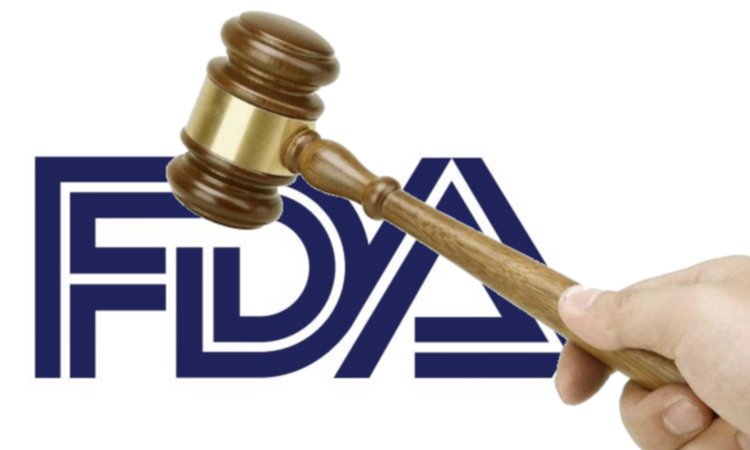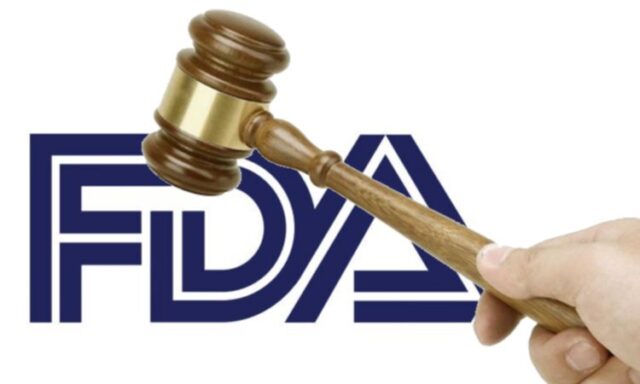Pharmaceutical companies are often more concerned with making money than people’s health. They have a history of keeping beneficial treatments away from those who need them, especially when it comes to diseases like cancer and heart problems. This has been going on for over fifty years, and they often use the FDA, which is supposed to protect consumers, to assist in their efforts.
One example of this manipulation involves a supplement called Tryptophan. Tryptophan was commonly sold in health food stores to help people sleep better. However, some people became ill and even died after using it. The issue stemmed from Tryptophan produced in Japan. Still, despite this, the FDA halted all Tryptophan sales in the U.S. This decision seemed disproportionate, especially when considering that prescription drugs cause far more deaths each year.
These actions by the FDA have significant consequences, impacting everyone in America and beyond. However, more concern or willingness to change the situation is often needed. Despite the existence of a law from 1994 aimed at protecting consumers when purchasing supplements, recent developments suggest otherwise. The FDA is now pushing for more control over all supplements, making it harder for people to access them. While they claim this is for safety reasons, it is more about helping big companies increase their profits.
I’ll tell you a few examples of how the FDA has stopped treatments for diseases. I can give you the information you need if you want to check if what I’m saying is true. But remember, there are a lot more examples out there, such as,
Laetrile, distributed as vitamin B17 or amygdalin, gained attention in the 1970s as a potential treatment for cancer. Despite some anecdotal evidence suggesting its effectiveness, the FDA refused to approve it, claiming insufficient scientific evidence. This decision limited access to Laetrile for cancer patients seeking alternative treatments.
DCA (Dichloroacetic acid) is a chemical compound that showed promise in early studies as a potential treatment for cancer. However, the FDA did not approve its use due to safety concerns and insufficient clinical evidence. This decision hindered further research and limited access to DCA for cancer patients outside clinical trials.
Dr. Stanislaw Burzynski, a physician and biochemist, developed a controversial cancer treatment involving antineoplastons, peptides found in blood and urine. Despite some patients claiming improvement, the FDA has been involved in multiple legal battles with Burzynski over the years, alleging improper conduct and lack of sufficient evidence to support his treatment methods.
GcMAF is a protein studied for its potential role in activating the immune system and fighting cancer. Some practitioners and researchers have promoted GcMAF as a cancer treatment, but the FDA has taken action against its distribution and use in the United States. The agency has issued warning letters to clinics and individuals selling GcMAF, citing safety concerns and a lack of FDA approval.
Kratom is a plant sourced in Southeast Asia that has gained popularity in the United States for its potential analgesic and mood-enhancing effects. Some people have used kratom to self-treat chronic pain, anxiety, and opioid withdrawal symptoms. However, the FDA has raised concerns about kratom’s safety, citing reports of adverse effects and deaths associated with its use. As a result, the FDA has issued warnings about kratom and attempted to restrict its availability in the U.S.
And so many others. These are just seeds planted to raise your curiosity. Check it out for yourself.


Leave a Reply